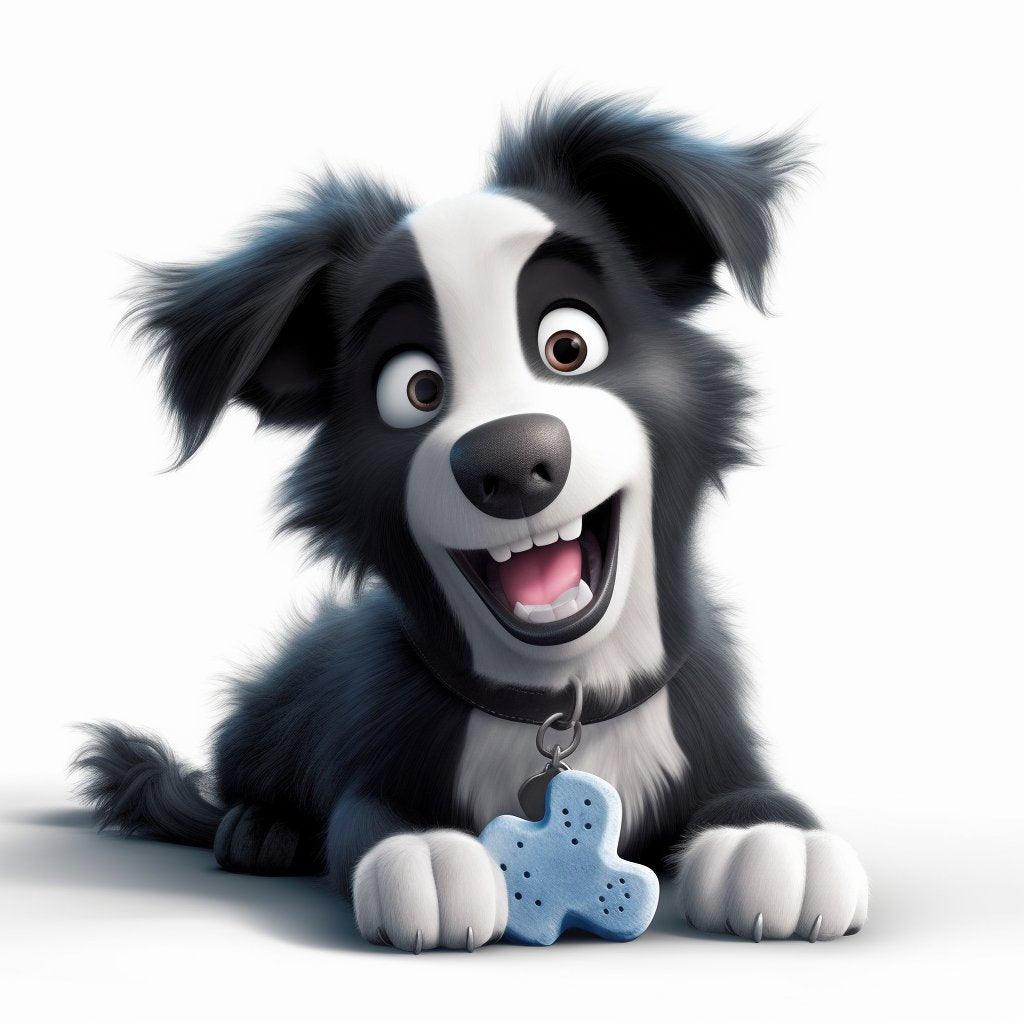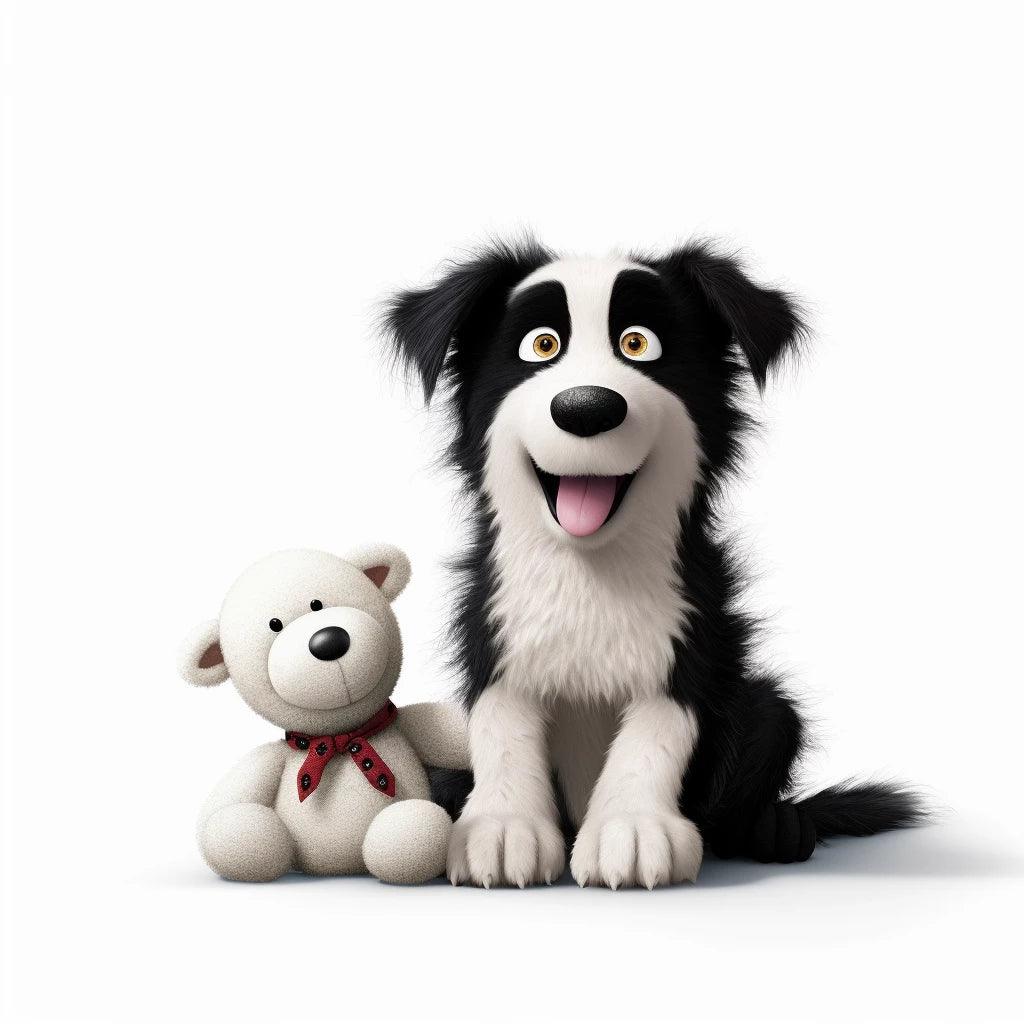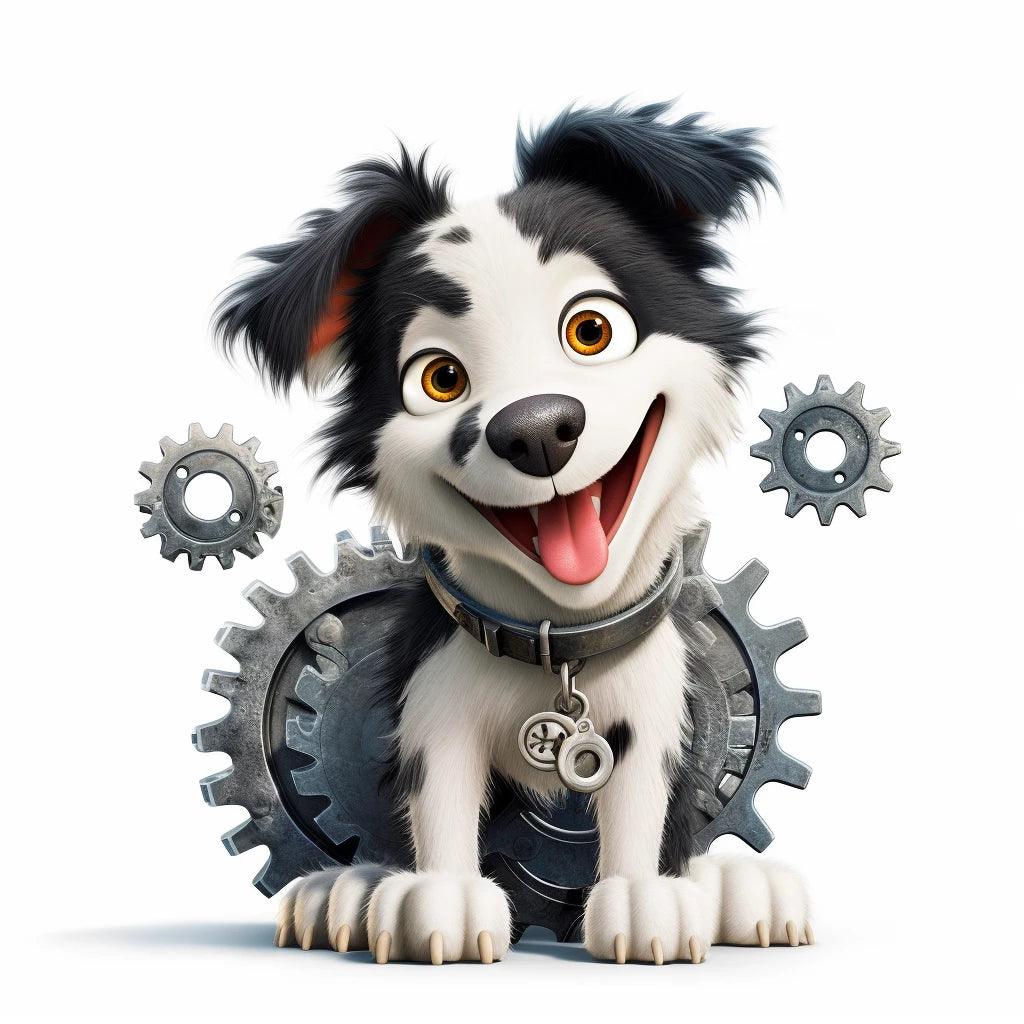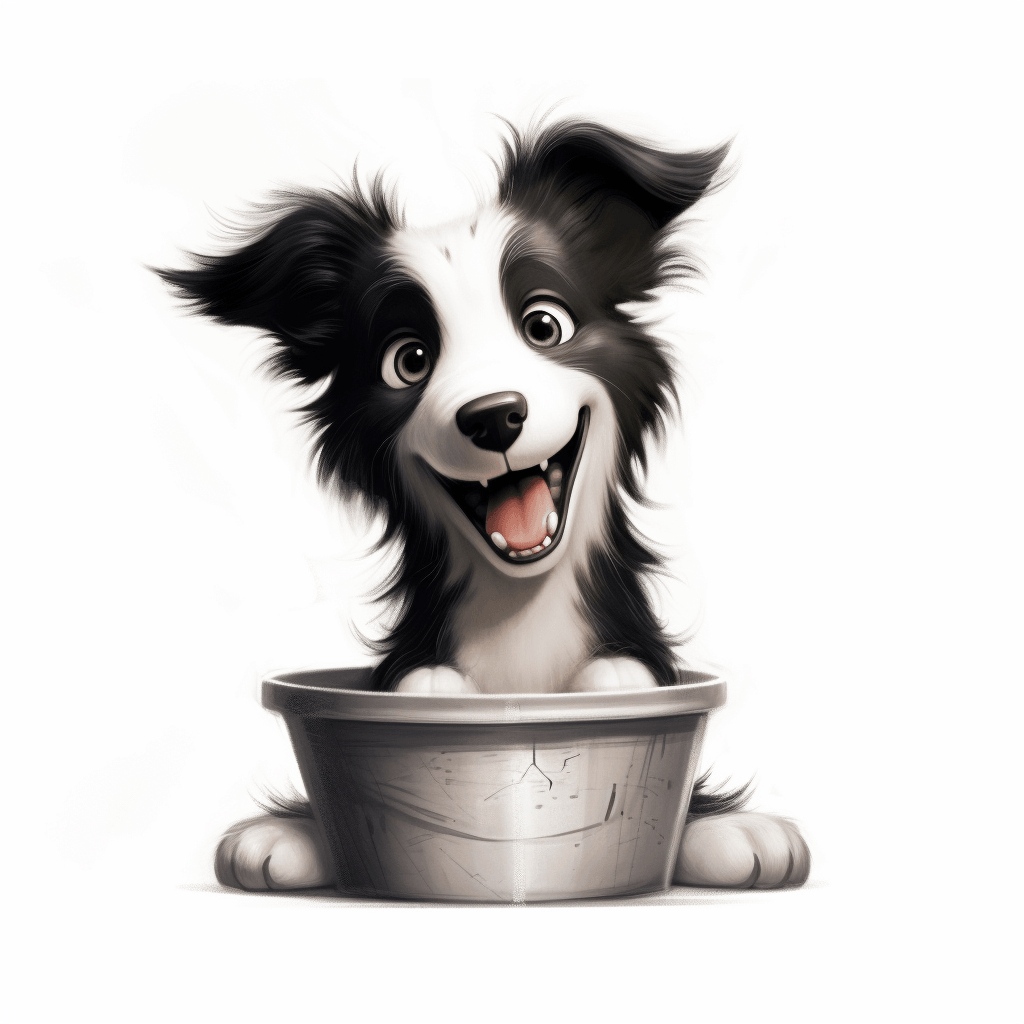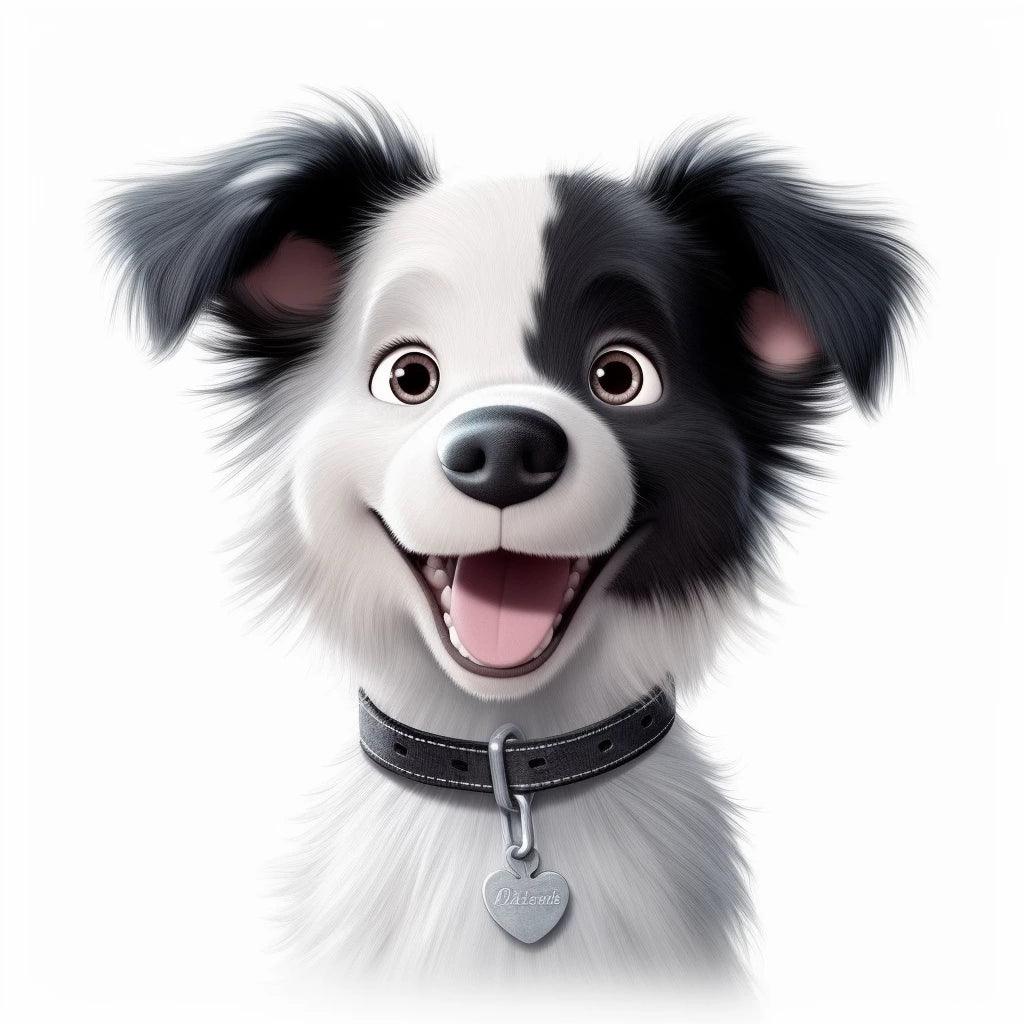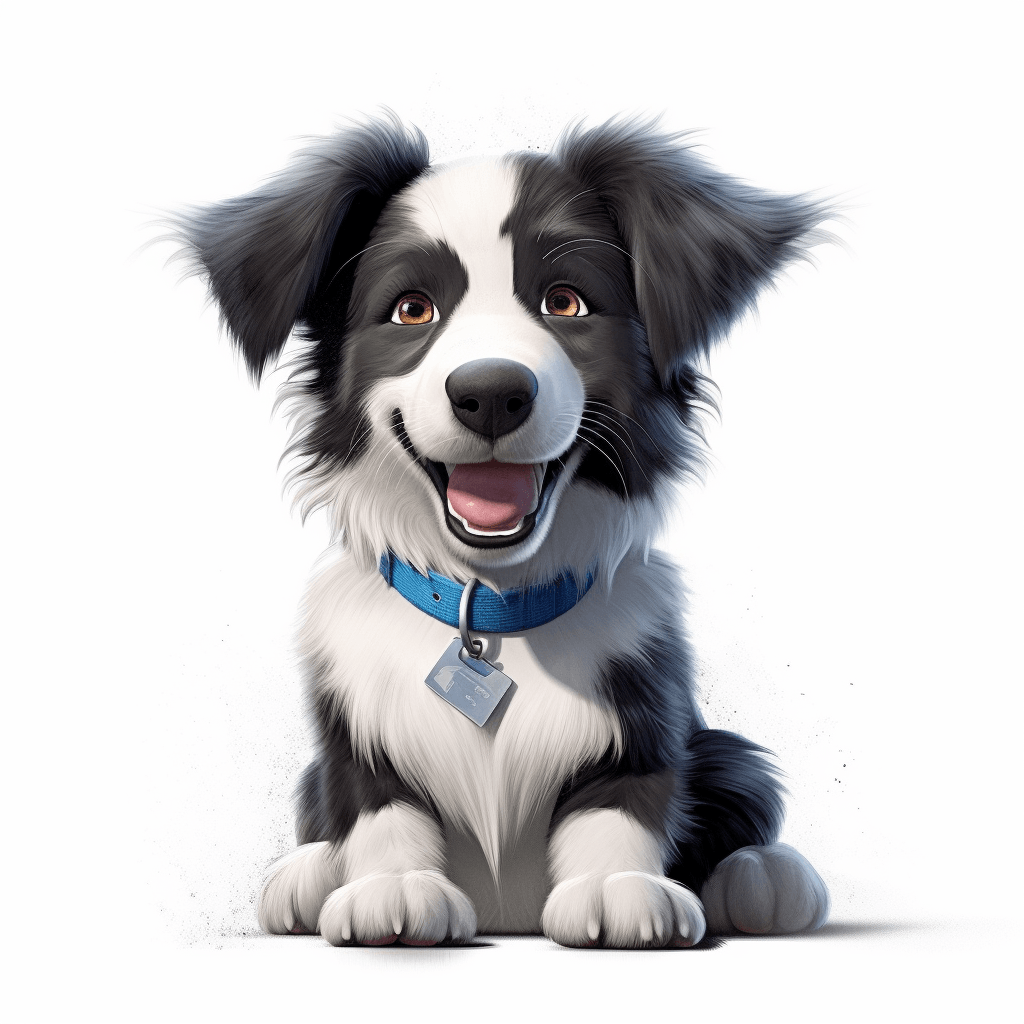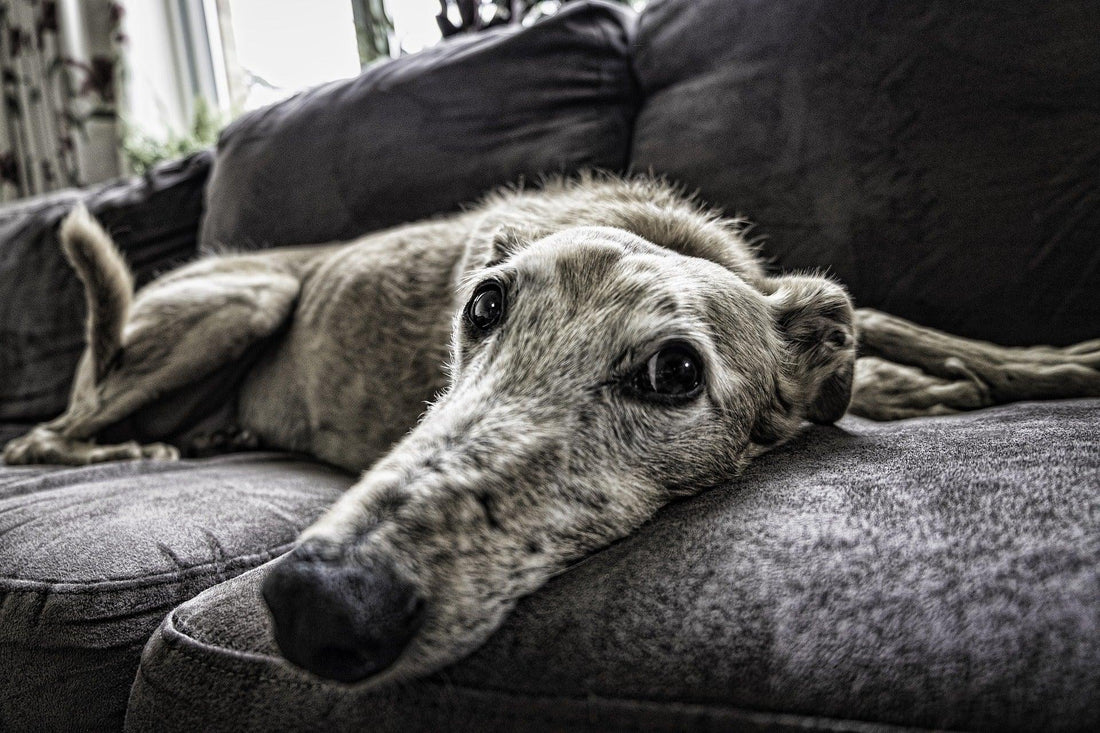
My dog ate the sofa!
Share
It is unfortunately common for dogs to eat inedible objects, such as furniture or toys. If your dog ate your couch, it's important to understand why he did that and take steps to prevent it from happening in the future.
One of the main reasons dogs eat inedible items is boredom. Dogs who do not receive enough exercise and mental stimulation may develop destructive behaviors for entertainment. Make sure your dog gets enough daily exercise and playtime to help him blow off steam.
Dogs may also eat inedible objects due to eating disorders, such as pica. Pica is a behavior where an animal eats objects that are not considered food. It is important to consult a veterinarian to rule out any underlying health problems.
Dogs may also eat inedible items due to lack of training or education. Dogs who have not learned appropriate boundaries may not know what to do with their energy and may begin to chew on objects that are forbidden to them. It's important to work with a dog trainer to reinforce desired behaviors and teach your dog what is appropriate to chew.
It is important to note that eating inedible items can cause serious health problems, such as intestinal blockages and stomach injuries. It is therefore important to take steps to prevent this from happening again and to consult a veterinarian if you have any concerns about your dog's health.
How to avoid destructive behavior in dogs?
-
Make sure your dog gets enough exercise and mental stimulation: Dogs who don't get enough exercise and mental stimulation can develop destructive behaviors for entertainment. Make sure your dog gets enough daily exercise and playtime to help him blow off steam.
-
Teach your dog what is appropriate to chew: Dogs need to chew to keep their teeth and gums healthy. Be sure to provide your dog with appropriate chew toys and bones to meet these needs.
-
Train your dog: Dogs who have not received proper training may not know what to do with their energy and may begin to chew on objects that are forbidden to them. It's important to work with a dog trainer to reinforce desired behaviors and teach your dog what is appropriate to chew.
-
Keep your dog busy: If you have to be gone for a short time, give your dog chew toys to keep him occupied while you're gone.
-
Pay attention to your signals: If your dog is anxious or stressed, he may resort to destructive behaviors to express his emotions. It's important to watch for signs of anxiety and stress in your dog and consult a dog behaviorist to help manage these emotions.
-
Pay attention to your dog's safety: Make sure your dog cannot access areas or objects that are dangerous for him.
In summary, destructive behaviors in dogs can be frustrating and costly, but they can be prevented by ensuring your dog gets enough exercise and mental stimulation, teaching him what is appropriate to chew, educating him, keeping him busy and paying attention to his emotional cues. If destructive behaviors persist, it is important to consult a veterinarian, a behaviorist and/or a dog trainer.
FAQs on Destructive Behavior in Dogs
Q1: Why does my dog chew furniture like the sofa?
Answer: Dogs may chew furniture for several reasons, including boredom, anxiety, their natural urge to chew, or lack of exercise. Identifying the cause is crucial to addressing the behavior correctly.
Q2: How can I stop my dog from chewing the sofa?
Answer: To prevent your dog from chewing the couch, provide him with appropriate chew toys, make sure he gets enough physical and mental exercise, and consider using non-toxic furniture repellents. Supervision and education are also key.
Q3: Can chewing be a sign of a health problem?
Answer: Yes, in some cases excessive chewing can indicate a health problem, such as gastrointestinal disorders or nutritional deficiencies. If your dog's behavior changes suddenly, consult a veterinarian.
Q4: What types of chew toys are safe for my dog?
Answer: Choose chew toys designed specifically for dogs, made of non-toxic and durable materials. Toys that can be filled with treats or that encourage active chewing without crumbling easily are good options.
Q5: What should I do if I catch my dog chewing the sofa?
Answer: If you catch your dog chewing the couch, calmly redirect his attention to an appropriate chew toy. Avoid punishing him after the fact, as this may increase his anxiety without resolving the behavior problem.
Q6: Is my dog bored if he chews the sofa?
Answer: Yes, boredom is one of the main reasons why dogs chew on objects like couches. Increasing physical exercise and providing more interactive toys can help combat boredom.
Q7: Should I use chemical repellents to keep my dog off the couch?
Answer: If you choose to use repellents, opt for natural, non-toxic solutions. Always test the product on a small area first to ensure it does not stain or damage furniture.
Q8: What should I do if my dog's destructive behavior persists?
Answer: If destructive behaviors persist despite your efforts, consider consulting a professional animal behaviorist or veterinarian for specific advice and an action plan.

